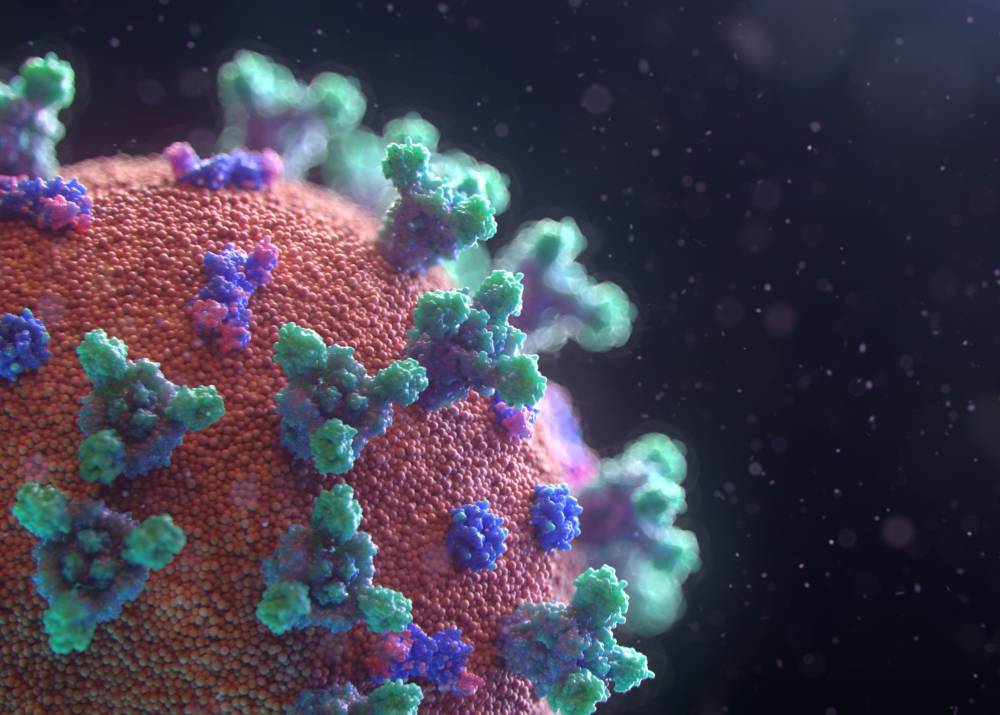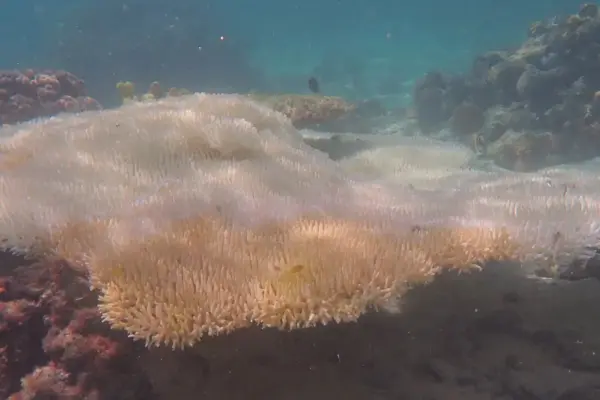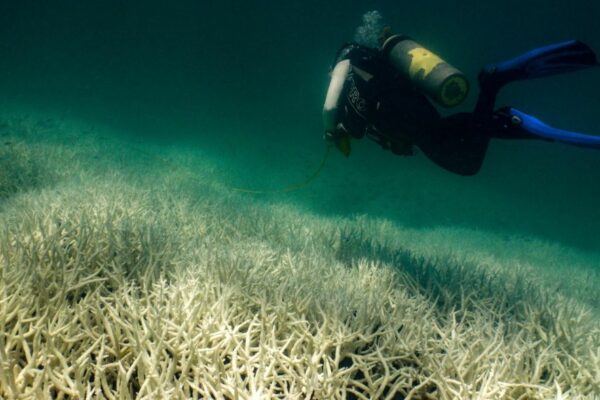Global Warming Makes Viruses Resistant to Chlorine Disinfectant
A recent study has discovered that global warming can make viruses resistant to disinfectants, hence harder to eliminate. Conducted by Swiss scientists, the study found that increasing global temperatures may facilitate diseases caused by viruses that are difficult to eliminate. Enteroviruses – that can cause various infections from cold to polio – have adapted to climatic shifts and are becoming resistant to treatments.
The study, which was published in ACS’ Environmental Science and Technology, noted that waterborne viruses that are coerced to adapt to warmer climatic conditions owing to global warming are infectious for longer time periods. They also become resistant to disinfectants such as chlorine.
High temperatures and sunlight are generally known to eliminate waterborne viruses, however, it may not be the case if the virus has already adapted to a warmer climate.

Image: CSRI
The researchers studied four sets of enteroviruses that usually spread through wastewater, sewages and feces. The samples were incubated in flasks of lake water at 10 degrees Celsius and 30 degrees Celsius, with and without simulated sunlight exposure. Thereafter, the samples were examined under high temperatures and disinfectant.
Further examination revealed that viruses adapted to warm water were more resistant to heat inactivation than ones adapted to cold water. The four sets of viruses showed the minimal difference when exposed to either simulated sunlight or other microbes.
When shifted to cool water, viruses adapted to warm water remained active longer than the cold water ones. Moreover, they withstood the chlorine exposure better and longer. The study concluded that viruses affected by global warming could become difficult to eliminate by chlorination or heating.


